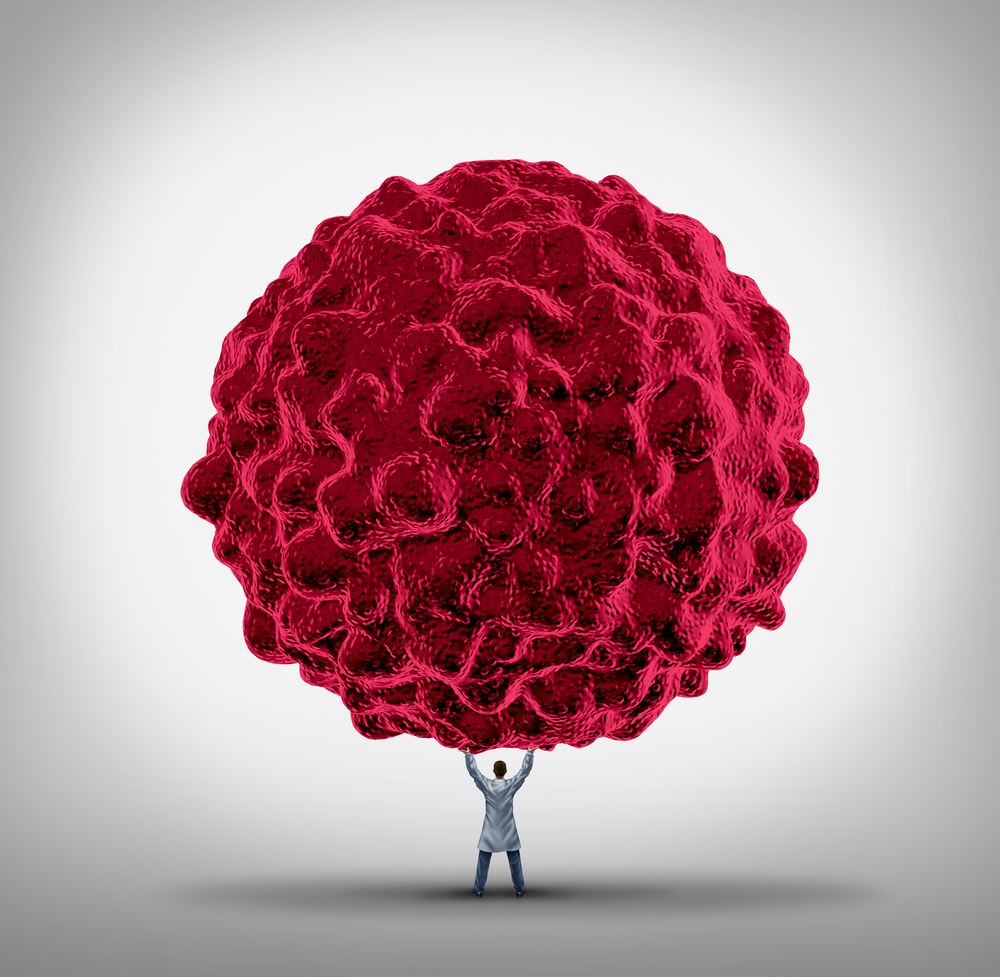The anticancer mechanism of ginsenosides: inhibiting tumor glycolysis
A growing number of patients choose ginsenosides as an adjuvant therapy, given their various benefits in the cancer treatment, especially used in chemoprevention. A major advantage of ginsenosides is that they can exert toxicity to cancer cells without causing side effects. People suffering from the side effects associated with chemotherapy drugs are particularly pleased with saving from these troubles, wondering why ginsenosides, unlike many chemotherapy drugs, can kill cancer cells while posing no threat to healthy cells.

Warburg effect: Cancer metabolization through aerobic glycolysis
Warburg put forward in the 1920s that the most striking biochemical phenotype of cancers is their aberrant energy metabolism. Unlike normal tissues that derive most of their energy (ATP) by metabolizing the sugar glucose to carbon dioxide and water, a process that involves oxygen-dependent organelles called “mitochondria”, Warburg showed that cancers frequently rely less on mitochondria and obtain as much as 50% of their ATP by metabolizing glucose directly to lactic acid, even in the presence of oxygen. This frequent phenotype of cancers became known as the “Warburg effect”.
Glycolysis is an oxygen-independent metabolic pathway that generates energy in low efficiency. Instead of making aerobic metabolism like normal cells, cancer cells resort to glycolysis to generate energy fuelling an uncontrolled growth and spread.
Ginsenosides: inhibiting tumor glycolysis
The metabolic difference between cancer cells and normal cells provide a new anticancer mechanism-inhibiting glycolysis pathway using selectively targeted drugs. Scientists in the study showed that ginsenosides, the active compounds in ginseng, can regulate abnormal tumor glycolysis to achieve anticancer efficacy. For example, the study published in the International Journal of Oncology illustrated that ginsenoside 20(S)-Rg3 inhibits the Warburg effects through STAT3 pathways in ovarian cancer cells.
Yu Peihua, a Chinese Canadian scientist specialized in herbal medicine research, noted that ginsenosides can inhibit tumor glycolysis and promote aerobic metabolism in normal cells, thereby inhibiting the growth and proliferation of cancer cells and inducing apoptosis of cancer cells. This explained why ginsenosides can achieve a significant anticancer effect while causing no side effects on the human body.
Ginsenosides are potential anticancer drugs
Featured with its remarkable anticancer efficacy without side effects, ginsenosides are greatly expected to be a very promising anticancer drug. The application of ginsenosides has long been a heated research project for a host of scientists.
Pharmaceutical companies see the potentials of rare ginsenosides and they have shown interest in the application of rare ginsenosides. Nowadays, products containing multiple rare ginsenosides like Rk2, Rh3, aPPD, Rh2 and Rg3 are available on the market.
Dr. Yu believed that accompanied by the advances in ginsenoside research, ginsenosides would play an increasingly important role in the fight against cancer and bring hope to more cancer patients.


